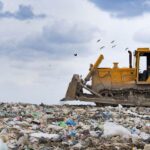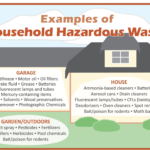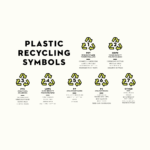10 Things You Shouldn’t Recycle
While recycling is an effective way to reduce waste and conserve resources, not everything can be recycled. Here are ten items you should generally avoid putting in your recycling bin:
-
Plastic Bags: Most curbside recycling programs don’t accept plastic bags because they can get tangled in the sorting machines at recycling facilities. It’s better to return them to grocery stores that have designated plastic bag recycling programs.
-
Styrofoam: Also known as polystyrene, Styrofoam is not accepted by many recycling programs due to its low recyclability rate and the fact that it easily breaks into small pieces.
-
Food-Soiled Containers or Boxes: Pizza boxes, fast food containers, and other food-soiled paper products are often contaminated with oils and food residue, making them unsuitable for recycling.
-
Ceramics and Pyrex: These materials have a different melting point than traditional glass, which can cause problems during the recycling process.
-
Plastic Wrap and Film: Similar to plastic bags, thin plastic film and wraps can get tangled in recycling machinery, causing problems at recycling facilities.
-
Disposable Diapers: These contain human waste and are made from a mix of plastics and super absorbent polymers, making them unsuitable for recycling.
-
Medical Waste: Needles, syringes, and other types of medical waste pose a health risk to recycling facility workers and should never be recycled.
-
Mirrors, Window Glass, and Light Bulbs: Like ceramics and Pyrex, these types of glass have different melting points and properties than container glass, making them unsuitable for curbside recycling.
-
Coated Paper Products: Juice boxes, waxed paper cups, and similar items have a thin layer of plastic or wax that makes them difficult to recycle.
-
Certain Types of Plastic: Not all plastics are recyclable. Plastics labeled #3 (PVC), #4 (LDPE), #6 (PS), and #7 (Other) are often not accepted by curbside recycling programs due to difficulties in recycling them.
When in doubt, it’s always a good idea to check with your local recycling facility or waste management agency. They can provide you with a list of materials they accept and how to properly dispose of those they don’t.



